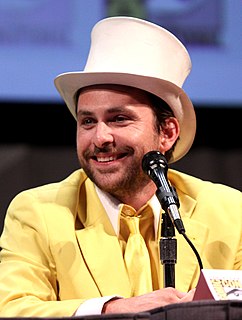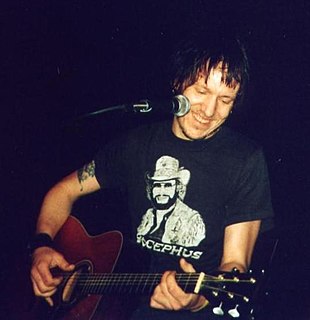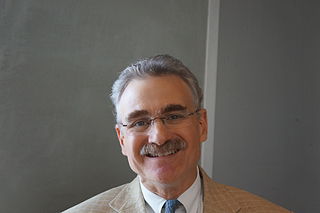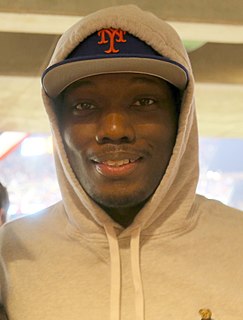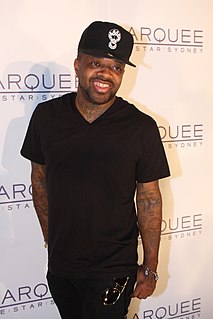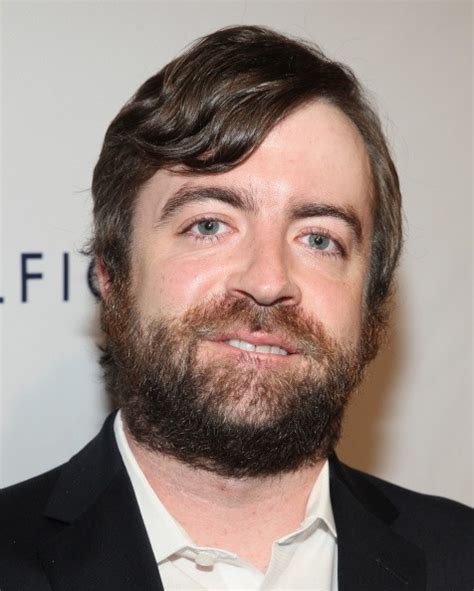A Quote by Charlie Day
Obviously, comedy, or art in general, or television, or whatever you want to call it's all subjective. But I do like to know what people are thinking. I don't know how long I'll keep doing that. As it goes on and on, I might become more fearful of it. For the time being, I'm not opposed to reading what people write.
Related Quotes
I have a good sense of my body in a bathing suit around people who appreciate what I'm doing, like a contest. Then I'm proud. On television I am proud. But on a beach most people are not experts. The general public doesn't know how to look. How proud can you be when they don't even know what they're looking at?
I got tired of doing battle with people thinking I was a little weird because I wasn't in a band making happy, stilted music. The only people who really seem weird to me are people who think they're normal. People who think it's possible to be normal just by doing the same things that most people do. Is there a most people? I don't know. Television makes it seem like there is, but I think that might just be television.
Filmmaking materials are in the hands of more people now than ever before. I would like to think that the more people have these tools, the more people will learn how to use them, it's another argument I would argue for, personally, for art's education. Because there are kids who aren't that literate in screen language and they've got to know how people select shots, how people edit audio, how people combine things to make what they see on the screen. It would be like the 15th century or the 16th century in Germany, and somebody amends a printing press and you don't know how to read and write.
People ask, 'Why would you cast yourself in your movie?' And, for me, it's more like an achievement that I am now not playing all the parts, you know? Like I was for so long, in all my performances and a lot of my short movies. So, that's where I'm coming from, not out of a kind of actress-y sense of myself. I mean, I don't really see myself as an actress, but more from performance: this is how you make something. You do it yourself. You're in it and you write it. I think I keep doing it that way, 'cause it's my way. It's what makes me feel like I know how to do it.
If you want to be a grocer, or a general, or a politician, or a judge, you will invariably become it; that is your punishment. If you never know what you want to be, if you live what some might call the dynamic life but what I will call the artistic life, if each day you are unsure of who you are and what you know you will never become anything, and that is your reward.
People are worse educated than they used to be. Certainly they are not very interested in reading books, as opposed to watching television, movies. They are used to getting things through the eye and the ear. In a small way, literature goes on being written, but few people like it. Once it's bureaucratized by the schoolteachers, the game's up.
In a long story like 'Weathercraft,' it becomes kind of convoluted. It can become perhaps difficult to remember what led up to whatever point you're at. I worried a little bit about people being able to keep the shape of the story in their heads while they were reading it, and not wonder how they got wherever they were.
Suddenly, after years of television being the poor relation and film being everything, it now feels like film is a conjuring trick. It's like, "Oh, my god, how are you going to do that in 90 minutes, as opposed to eight hours?! I've got so little time to do this!" It becomes an art form, in itself. Doing both helps you do each one.
When you start doing comedy, you think to yourself, "I want to be a headliner." And you become a headliner, and you're like, "Oh wait, this isn't what I meant. I meant I want to be a headliner that's famous enough that people come see me specifically." And that's a huge leap, because most of the time most of the audience is there to see comedy in general. They're not there to see you.
Just because you "liked" my picture, doesn't mean you shouldn't call me and ask me how I'm doing. You know what's funny? If you ever owe someone a call, and it's something you're trying to avoid, notice how many times they "like" your photos until you call them back. It's an alarm, and people abuse that. They know you can see that. They know you'll see their name.
